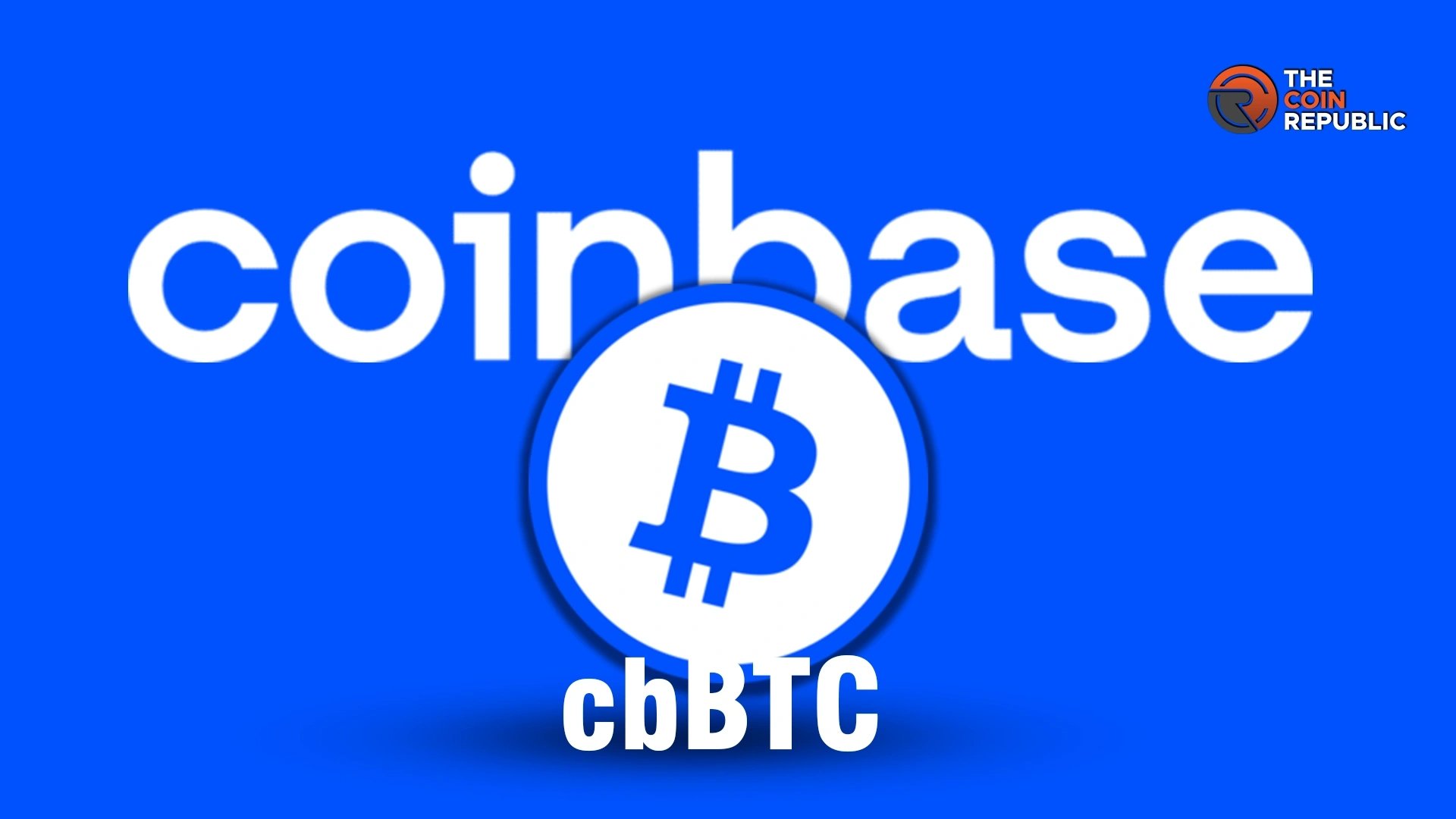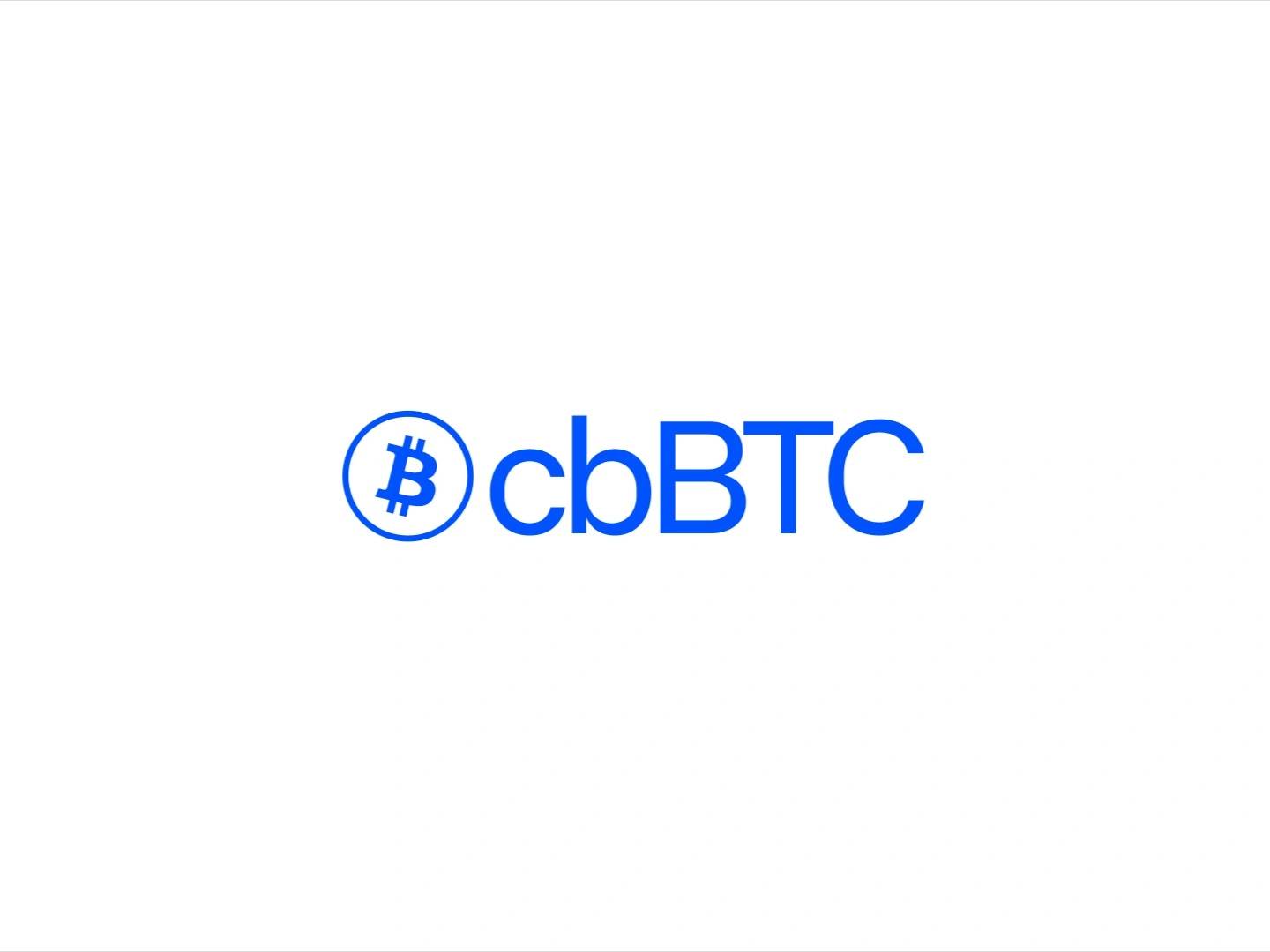订阅 wiki
Share wiki
Bookmark
Coinbase Wrapped BTC (cbBTC)
0%
Coinbase Wrapped BTC (cbBTC)
Coinbase Wrapped BTC (cbBTC) 是由 Coinbase 发行的封装 Bitcoin 代币,它以 1:1 的比例由安全托管中持有的 Bitcoin (BTC) 支持。这种数字资产使用户能够利用其 Bitcoin 持有量在 去中心化金融 (DeFi) 应用程序中,同时保持通过 Coinbase 赎回底层 BTC 的能力。[1] [2]
概述
cbBTC 是由 Coinbase 发行的封装 Bitcoin 代币,由托管中持有的 BTC 以 1:1 的比例支持,包括 冷存储。它允许用户将 BTC 转换为可转移的代币,通过将其存入其 Coinbase 帐户,可以赎回底层资产。cbBTC 专为与 DeFi 应用程序兼容而设计,使用户能够提供 流动性,将其用作借贷的抵押品,或将其用于支付。像 cbBTC 这样的封装资产增加了 流动性 并扩展了链上金融用例。
cbBTC 通过 铸造 和 销毁 过程保持与 BTC 的 1:1 支持,从而确保供应与储备相匹配。当用户从 Coinbase 将 BTC 提取到 Ethereum、Base 或 Solana 时,等量的 cbBTC 会被 铸造 并发送到他们的钱包。当 cbBTC 存回 Coinbase 地址时,它会被 销毁,并且相应的 BTC 会被释放到用户的 Bitcoin 帐户。
此过程在 EVM 链上通过经过审计的 智能合约 进行管理,这些合约 регулируют 铸造 和 销毁。智能合约 结构基于 Coinbase 的封装代币框架,该框架也用于 cbETH。它在 GitHub 上是开源的。关键的合约管理角色包括管理员、铸造者和安全功能,需要多方批准。在 Solana 上,cbBTC 作为 SPL 代币运行,对 铸造、冻结和更新元数据具有类似的控制。[3] [4]

安全与合规
Coinbase 通过钱包基础设施、定期审计和监控系统来保护支持 cbBTC 的 BTC。参与 铸造 和赎回过程的 智能合约 接受第三方安全审计,包括 OpenZeppelin 的审计。用于 cbBTC 的合约框架基于经过审计的 cbETH Solidity 合约,没有重大更改。
支持 cbBTC 的 BTC 储备以 1:1 的比例在 Coinbase 持有,赎回权分配给 cbBTC 持有者。托管服务遵循 Coinbase 的用户协议,并使用热钱包和 冷钱包。冷钱包 私钥存储在美国和欧洲的加密安全设施中,并且需要多方授权才能访问。内部审计验证私钥管理,并且 Coinbase 不使用子托管人进行资产存储。
cbBTC 在监管框架内运行,遵守 反洗钱 (AML) 和 了解你的客户 (KYC) 要求。Coinbase 拥有在美国、德国、新加坡、加拿大和百慕大等多个司法管辖区的 加密货币 托管和交易许可证,并在多个国家/地区注册为虚拟资产服务提供商。[4]
Bit Global 起诉 Coinbase
在最近的一起法律案件中,与 Justin Sun 有关的公司 Bit Global 起诉了 Coinbase,原因是其下架了 Wrapped Bitcoin (WBTC)。Bit Global 声称 Coinbase 下架 WBTC 的决定是战略性的,旨在推广其自己的封装比特币产品 cbBTC。这起诉讼凸显了 加密货币 市场中的竞争紧张关系,交易所和平台竞相在提供封装代币解决方案方面占据主导地位。该案件强调了加密行业的复杂性和竞争性,尤其是在封装资产领域,这些资产对于实现流动性和 DeFi 应用程序至关重要。
根据 2024 年 12 月 13 日在美国加利福尼亚州北区地方法院提起的诉讼,BiT Global Digital Limited 指责 Coinbase 在宣布 cbBTC 后不久下架 wBTC 的行为具有反竞争性。BiT Global 声称此举有效地阻止了竞争,并迫使用户采用 cbBTC,违反了联邦和州法律。该投诉强调了 Coinbase 的市场主导地位,并声称其战略是用自己的版本取代竞争对手的 加密货币,从 wBTC 开始。
BiT Global 还暗示 Coinbase 正在补贴其 Ethereum Layer 2 网络 Base,以通过减少或消除费用来提高 cbBTC 的采用率,他们认为一旦竞争减弱,这种做法就会停止。该公司正在寻求对 Coinbase 行为的判决,要求处以经济处罚,包括超过 10 亿美元的惩罚性赔偿金,以反映 wBTC 的价值损失,以及没收从这些商业行为中获得的利润。
Coinbase 的官方声明声称 wBTC 不再符合其上市标准,但 BiT Global 辩称,在下架公告之前没有提出任何具体问题,并且 Coinbase 实际上没有任何标准,并指出 PEPE、Dogwifhat 和 Mog Coin 等 memecoins 的上市。下架 wBTC 引起了人们对它为 加密货币 领域设定的先例的担忧,特别是关于大型交易所是否有能力下架加密货币以支持自己的产品。
这起诉讼的背景还涉及 Justin Sun 与 BiT Global 的联系,以及围绕他参与 加密货币 领域的担忧,包括市场操纵的指控以及伊斯兰恐怖组织使用 TRON 区块链 的指控。这些因素增加了法律战的复杂性,并突出了加密货币行业更广泛的监管和道德考虑。[1] [6] [7] [8]
扩展到 Solana 和 DeFi 集成
Coinbase 已将其封装比特币产品 cbBTC 扩展到 Solana 区块链,从而增强了其与 去中心化金融 (DeFi) 应用程序的集成。此举使 cbBTC 能够在 Solana 快速增长的 DeFi 生态系统中得到利用,使用户能够参与各种金融活动,例如贷款、借款和交易,与其他区块链相比,交易成本更低,处理速度更快。
在 Solana 上集成 cbBTC 是 Coinbase 更广泛战略的一部分,旨在提高其封装比特币产品在多个 区块链 平台上的实用性和可访问性。通过利用 Solana 的高吞吐量和低延迟,Coinbase 旨在为希望在 DeFi 应用程序中使用 Bitcoin 的用户提供更高效和可扩展的解决方案。
此外,cbBTC 现在也可在 Coinbase 自己的 Layer 2 网络 Base 以及 Ethereum 上使用,从而进一步扩大了其覆盖范围和功能。这些集成旨在为用户提供更大的灵活性和选择,以便以去中心化的方式使用 Bitcoin ,这与 加密货币 领域对跨链兼容性和互操作性日益增长的需求相一致。
在这些平台上推出 cbBTC 强调了 Coinbase 致力于扩展其 DeFi 产品,并通过在不同的 区块链 网络上提供对 Bitcoin 支持的资产的无缝访问来增强整体用户体验。[9] [10] [11] [12] [15]
发现错误了吗?
